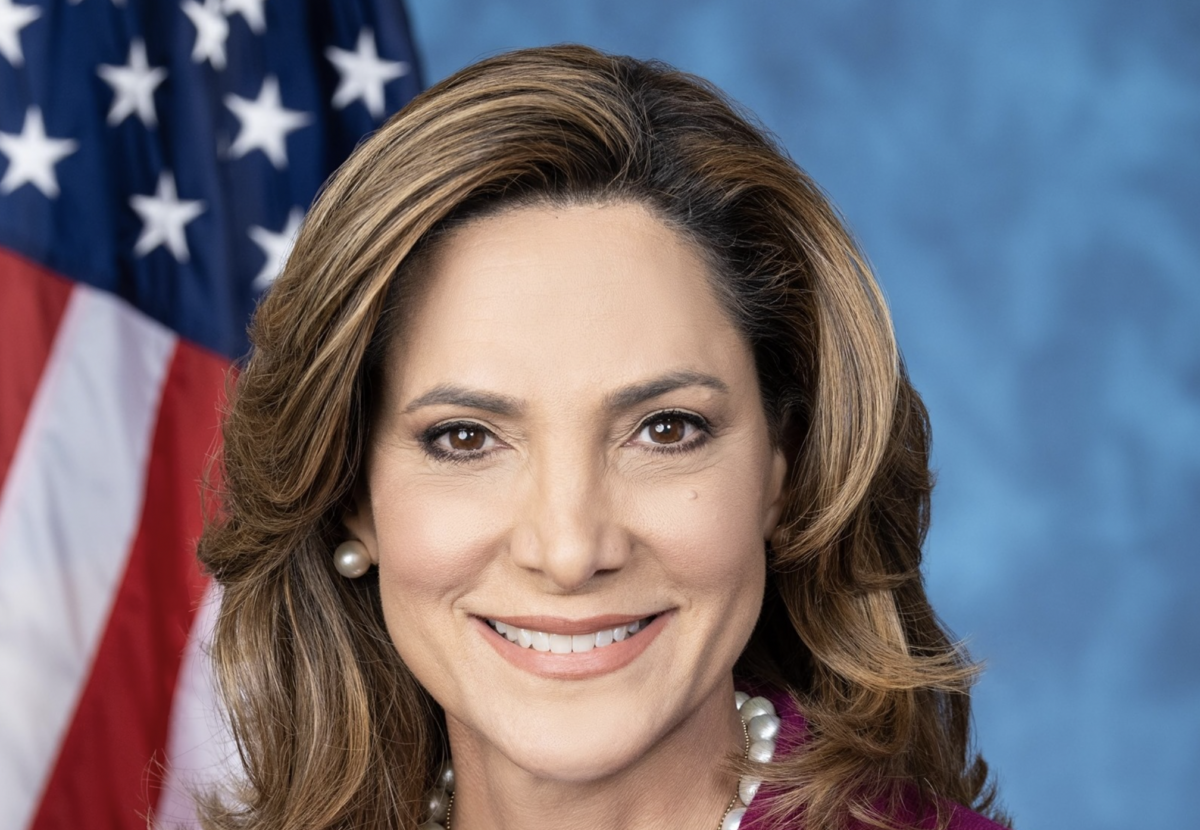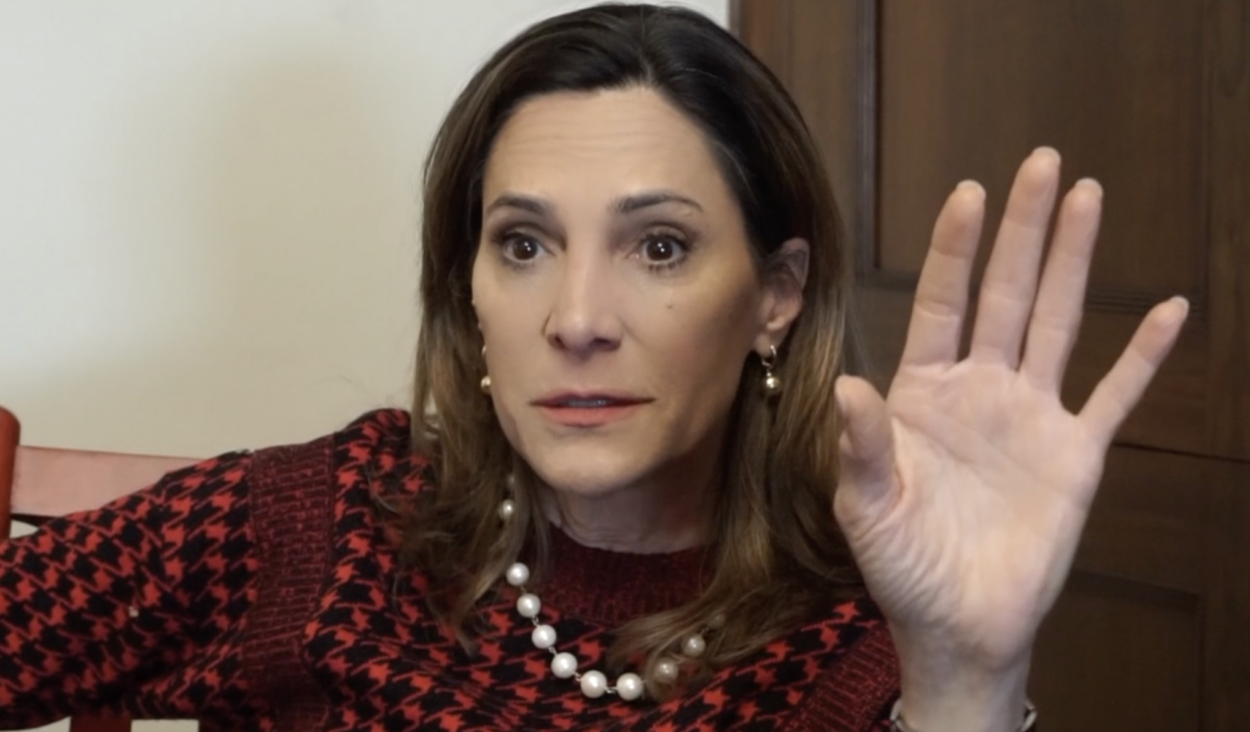Shortly after Nicaraguan strongman Daniel Ortega’s government started cracking down on protestors in April 2018, leaving upwards of 200 dead, a bipartisan senate effort lead by U.S. Senator Marco Rubio drew up the Nicaraguan Human Rights and Anticorruption Act of 2018 (NICA Act).
The NICA Act’s aim was to punish those government officials who were directly or indirectly responsible for the human rights atrocities being committed in Nicaragua.
Rubio’s senate office press release bullet-pointed the bill’s target:
- Requires the imposition of sanctions on Nicaraguan government officials responsible for the deaths of protestors, human rights violations and acts of corruption.
- Calls for a negotiated political solution to Nicaragua’s crisis, including the commitment to early elections.
- Requires intelligence reporting on the involvement of Nicaraguan government officials in corruption and human rights abuses.
- Requires the Secretary of State to certify annually whether the Nicaraguan government is taking steps to uphold democratic governance, human rights, and anticorruption standards and waives the imposition of new sanctions if certification occurs.
“Ortega and his thugs must be held accountable for the abuse and murder of Nicaraguans exercising their fundamental rights.” – Sen. Bill Nelson (D-FL)
Rubio tweeted this week that his bill passed in the Senate Foreign Relations Committee with “very strong bipartisan support.”
Today we passed the #NicaAct out of the Senate Foreign Relations Committee. Very strong bipartisan support for punishing those responsible for the #Ortega regimes abuses in #Nicaragua.
— Marco Rubio (@marcorubio) September 26, 2018
The bill will most-likely pass in the senate once if and when it is presented for a full vote.









